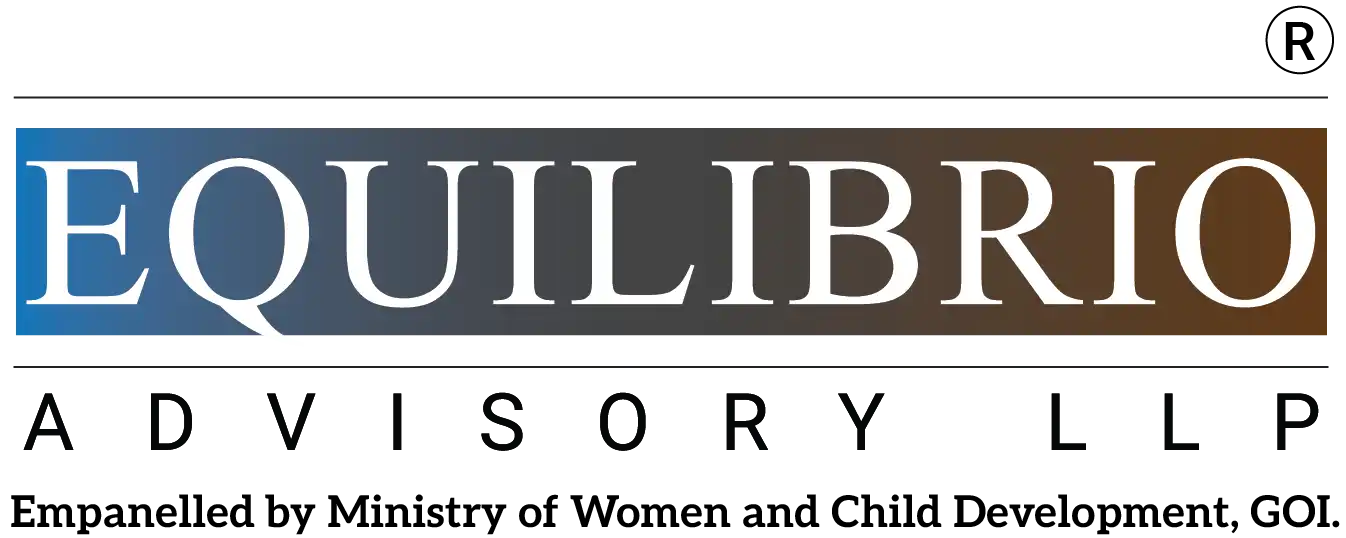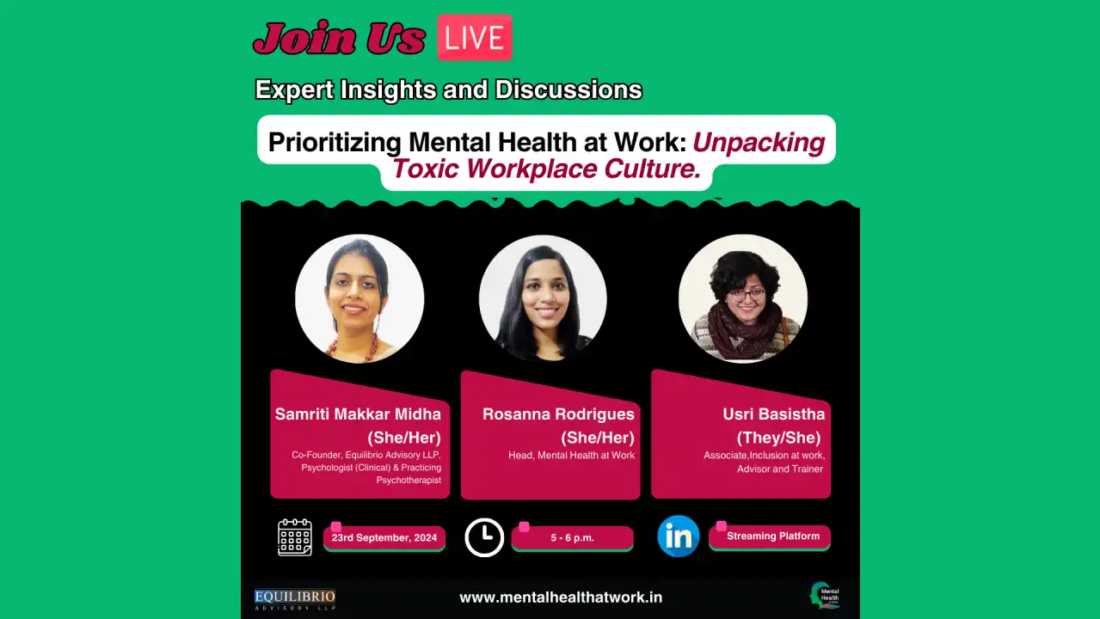Mode: Virtual (YouTube, LinkedIn, Facebook)
Duration: 1 Hour
Date & Time: 23rd September 2024 | 5pm – 6pm
Speakers: Rosanna Rodrigues and Samriti Makkar Midha and
Recently the Indian workspace has come into focus, and not in a flattering manner. A mainstream conversation has begun around sustainable work practices. The demise of a young professional, apparently due to exhaustion from work pressure has left us all pondering about the work culture of being available and hustling 24×7. Today we want to take a deep look at what gives rise to this hustle culture that many organizations still adopt and what can be its fallouts. While we discuss how to shift from this unsustainable work culture, we will try to unravel the four layers within this conversation, and look at systemic issues, organization gaps, the need for leadership to intervene and also the role an individual employee can play.
At the outset, we want to look at what systems are at work behind the rise and glorification of “hustle culture”. What does hustling look like? What makes it desirable?
What are the fall-outs of hustle culture? How can the need for constant productivity take a toll on an individual’s wellbeing?
Let’s shift our focus to mental wellbeing, why is there so little awareness around how mental hygiene shows up at the workplace?
What can be the probable barriers around reaching out to a mental health practitioner vis-a-vis a professional setting?
What are some of the gaps that are present at an organizational level that can contribute can contribute to poor mental hygiene at work?
We want to also bring in marginalized identities into the conversation, how can hustle culture alienate employees who maybe queer, trans, caste oppressed or disabled?
When speaking about mental health we have to bring in neurodivergence? What are the possible barriers a neurodivergent employee has to grapple with at the workplace?
What role can the leadership of an organization play, while trying to shift towards more sustainable work practices?
How can an organization create a strong community of allies? What are some of the skills needed to manage a diverse workspace in an inclusive manner?
Finally, is there a part that an individual employee can play in contributing towards a paradigm shift away from hustle culture? What are some small ways in which an individual employee can support themselves?
 Cart is empty
Cart is empty 


